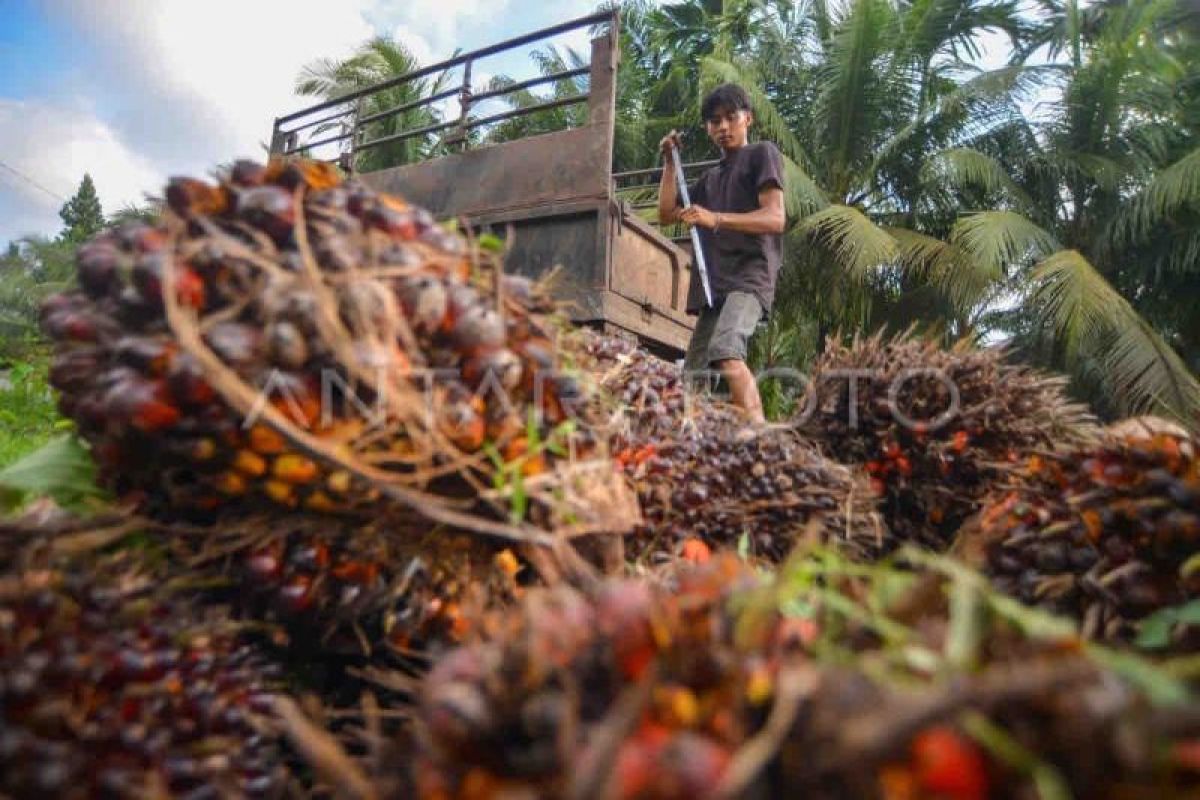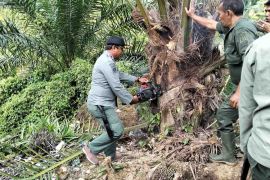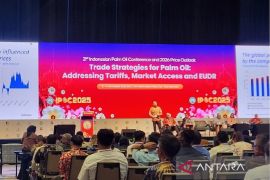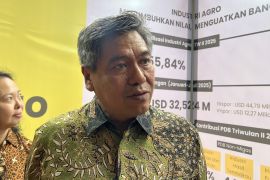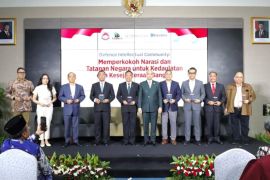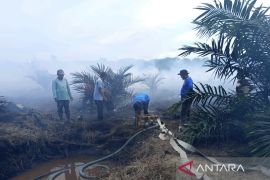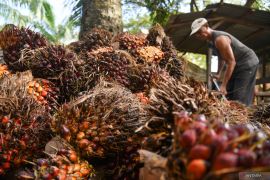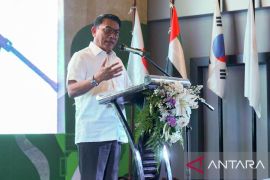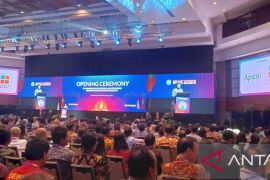"The government wants our palm oil to be sustainable," he said after the opening of the International Conference on Palm Oil and the Environment (ICOPE) 2025 in Bali on Wednesday.
He stated that palm oil productivity can be increased through land intensification and the use of superior seeds.
He added that if necessary, land expansion would be conducted without leading to deforestation. This can be achieved through comprehensive studies and the implementation of sustainable practices to prevent environmental damage.
In addition, oil palm replanting, which incorporates the intercropping method involving the planting of upland rice or corn, is suitable for dry land.
Sudaryono welcomed ICOPE 2025 as a forum to discuss palm oil research on various aspects, including seeds, fertilizers, climate change, and technology, as well as artificial intelligence (AI) to support increased palm oil productivity.
"Of course, this is beneficial for Indonesia because 58 percent of the world's palm oil supply comes from our country," he pointed out.
He noted that palm oil productivity can support natural resource downstreaming and food security, including the priority program for free nutritious meals. The free meals program targets school students, pregnant women, and breastfeeding mothers.
It can also contribute to energy self-sufficiency through the mandatory 40 percent biodiesel (B40) program, which aims to reduce dependence on fossil fuels.
Meanwhile, Dewi Lestari Yani Rizki, Director of Conservation at WWF Indonesia, emphasized that the palm oil industry must seriously implement sustainable practices to meet global market challenges.
This is expected to help the Indonesian government reduce carbon emissions and preserve biodiversity.
"We believe that the palm oil industry can transform into a sustainable business in the future," Dewi said.
Chairperson and CEO of Sinar Mas Agribusiness and Food, Franky Oesman Widjaja, stressed that sustainable innovation and synergy between the government, business actors, and communities are vital to securing the future of the palm oil industry.
He expressed hope that the conference will bring concrete results and position the palm oil industry as part of the global solution to climate and environmental challenges.
"We are committed to implementing best practices in sustainable agriculture, as well as protecting biodiversity and the surrounding ecosystem," he said.
This year, ICOPE is taking place in Sanur, Bali, from February 12 to 14, with participants from Indonesia, India, the Netherlands, France, Malaysia, the United Kingdom, Finland, Colombia, and Spain.
The conference serves as a platform to formulate a sustainable transformation for the palm oil industry.
Related news: RI, Malaysia to strengthen cooperation in palm oil sector: Prabowo
Related news: Indonesia welcomes WTO ruling on EU curbs on palm oil biofuel
Translator: Dewa Ketut Sudiarta Wiguna, Yashinta Difa
Editor: Anton Santoso
Copyright © ANTARA 2025
